Adding compost in the Fall?
m990540
13 years ago
Related Stories

GARDENING GUIDESGet on a Composting Kick (Hello, Free Fertilizer!)
Quit shelling out for pricey substitutes that aren’t even as good. Here’s how to give your soil the best while lightening your trash load
Full Story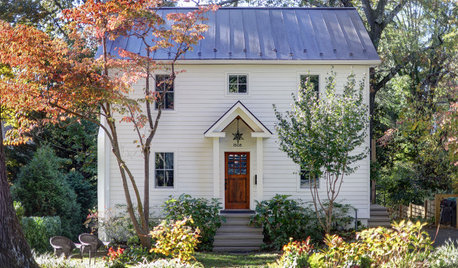
FALL GARDENINGMake This Fall’s Garden the Best Ever
Learn the most important tip for preventing buyer’s remorse, plus get more valuable buying and planting advice
Full Story
MOST POPULARWhat to Know About Adding a Deck
Want to increase your living space outside? Learn the requirements, costs and other considerations for building a deck
Full Story
FALL GARDENING5 Ways to Put Fall Leaves to Work in Your Garden
Improve your soil and yard the organic way with a valuable garden booster that grows on trees
Full Story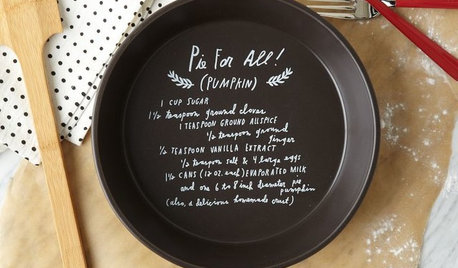
PRODUCT PICKSGuest Picks: Fall Entertaining Favorites
Make autumn feasts a piece of cake with chic compostable plates, pretty glasses, pie accessories and more
Full Story
GARDENING GUIDESGarden Myths to Debunk as You Dig This Fall and Rest Over Winter
Termites hate wood mulch, don’t amend soil for trees, avoid gravel in planters — and more nuggets of garden wisdom
Full Story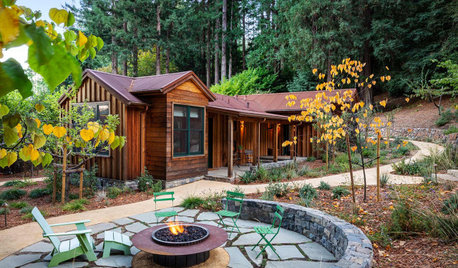
FALL GARDENING7 Reasons Not to Clean Up Your Fall Garden
Before you pluck and rake, consider wildlife, the health of your plants and your own right to relax
Full Story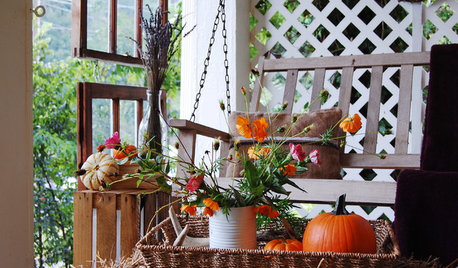
DECORATING PROJECTSGive Your Porch Some Rustic Fall Style
Natural materials and found items make inviting fall decorations for your favorite outdoor room
Full Story
HOLIDAYSYour Easiest Fall Decorating Ever
Create a nearly effortless tabletop with the naturally beautiful colors and shapes of fall
Full Story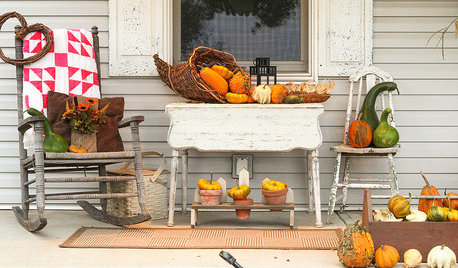
PORCHESA Peek at 2 Prettily Dressed Fall Porches
Pumpkins, fall flowers and flea market finds help two Ohio porches get into the seasonal spirit
Full StoryMore Discussions







claireplymouth z6b coastal MA
Kimmsr
Related Professionals
Forest Acres Landscape Architects & Landscape Designers · McKinney Landscape Contractors · Danvers Landscape Contractors · Doctor Phillips Landscape Contractors · Duarte Landscape Contractors · Kettering Landscape Contractors · Leicester Landscape Contractors · Webster Groves Landscape Contractors · Woodland Landscape Contractors · Quartz Hill Landscape Contractors · Bellingham Decks, Patios & Outdoor Enclosures · Jackson Decks, Patios & Outdoor Enclosures · Kalamazoo Decks, Patios & Outdoor Enclosures · Medford Decks, Patios & Outdoor Enclosures · Rancho Palos Verdes Decks, Patios & Outdoor Enclosurestcstoehr
Kimmsr
Karchita
m990540Original Author
Karchita
goren
Kimmsr